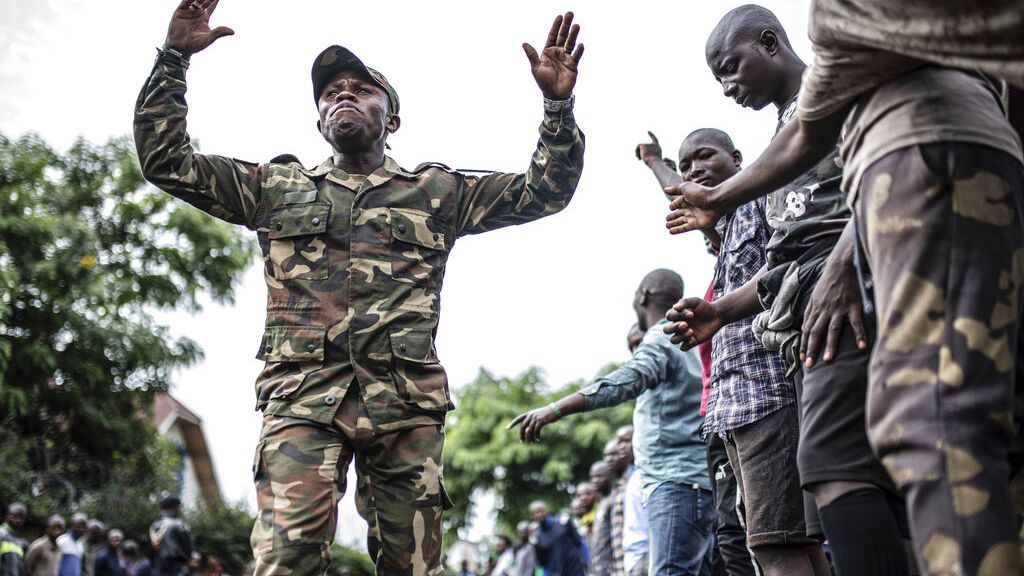The Facts
Fighter jets from the Democratic Republic of Congo (DRC) began bombing rebel positions on Tuesday, stepping up the fight against the March 23 Movement (M23) rebel group, which recently made meaningful territorial gains in the country's war-torn eastern region.
Sukhoi-25 fighter jets reportedly attacked the rebel-held Tchanzu area of North Kivu after the M23 captured settlements along a key highway to Goma. The M23 claimed that the DRC government had shelled "heavily populated areas" and accused Kinshasa of undermining negotiation talks.
The Spin
Pro-establishment narrative
Ten years ago, Rwanda attempted to invade the DRC using the M23, and now they're trying again. That Kinshasa is using proxies to fight the M23 and retaliate against Rwanda is an unproven claim by Kigali to deflect attention from its responsibility for the violence in eastern Congo exposed by the UN. Kigali's destabilization of the region is about plundering the resources of eastern Congo and strengthening its position of power.
Establishment-critical narrative
It's evident that by expelling the Rwandan ambassador and making baseless accusations of Rwandan backing for the M23, Kinshasa is only trying to distract attention from its inability to pacify the eastern DRC. Kinshasa and the biased MONUSCO act as if there weren't well over 100 rebel groups other than M23. To achieve peace, Kinshasa must first acknowledge its responsibility for violence and displacement.
Cynical narrative
Since the UN has maintained a "peacekeeping mission" in eastern Congo for more than twenty years but has made no significant contribution to pacification, the question arises as to what interests the UN is serving in the exceptionally mineral-rich region. Distrust is heightened by the West's tacit support for Kigali and the British refugee deal with Rwanda. In a post-colonial world, the so-called "international community" should finally begin to take the region's distrust of blue helmets seriously.


